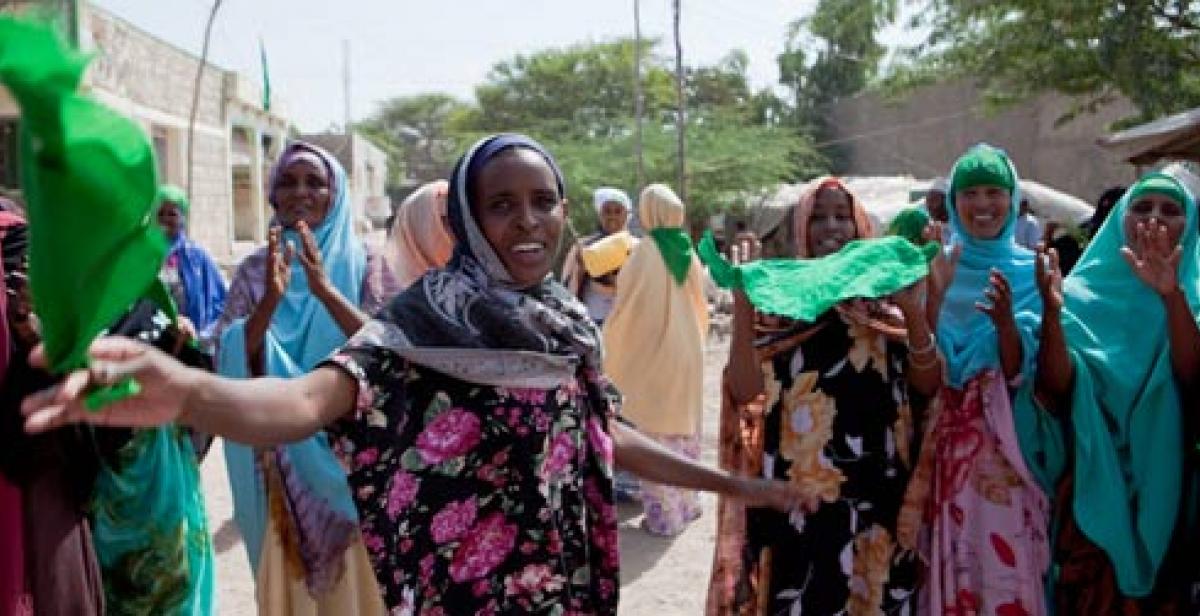Progressio is a “rare organisation” which has “a high impact on the lives of many of the most socially excluded sections of the societies in which it works”, according to an independent evaluation carried out from July-September 2010.
The evaluation praises Progressio’s “people powered development” approach, saying: “Progressio’s way of working is human resource intensive, but what it offers is rare and effective.”
Read the evaluation in full (273kb PDF).
The evalution commends Progressio for:
- “a very clear and positive impact” on the ability of civil society organisations to engage with governance processes and so bring change in policy and practice that will result in a positive difference for those who are poor and excluded
- “impressive work in both service delivery and advocacy” around HIV and AIDS, including “very high quality work” in Somaliland, and work with faith groups and faith leaders
- “real successes” in addressing food security with socially excluded people (small farmers, displaced people and landless peasants) in several countries, including “high impact work in El Salvador and Honduras” and “very strong examples” of supporting partner organisations to influence and change policy at a national and international level
- “a serious commitment” to promoting women’s rights and helping to empower women: the evaluation report says “Progressio seeks to be not only gender aware but also gender transformative”
- “numerous examples of strong advocacy and lobbying work firmly grounded in development worker and partner experience”: the evaluation report concludes, “Many organisations claim to speak on behalf of the poor, but Progressio really does ‘walk the talk’.”
Overall, the evaluation finds that “Progressio carries out its work in a manner that is economic, efficient and effective”, and commends “the level of pride shown in the organisation by those associated with it”. It concludes:
“For relatively low costs, Progressio is having a great deal of impact. A large number of [partner] organisations have been enabled in a meaningful way; there is an increase in civil society engagement in countries reviewed and more policies affecting the lives of the poor and marginalised are being influenced, changed and implemented.”
Read the evaluation in full (273kb PDF).
The formal evaluation of the Progressio-DFID Programme Partnership Agreement (the agreement under which DFID provides funding to Progressio) was carried out by Catherine Sexton of IOD PARC. The objective was “to evaluate how far Progressio has gone towards achieving the mutually agreed outcomes” (the specified outcomes agreed by Progressio and DFID under the Programme Partnership Agreement). The evaluation consisted of a review of documents and interviews conducted in person, by telephone and Skype with Progressio staff and development workers, representatives of partner organisations, and key contacts and donors. There was a particular focus on Progressio’s work in Somaliland; in Hispaniola (Haiti and the Dominican Republic); and our international advocacy. It also included a field visit to Somaliland in early August 2010.
Photo: Women in Somaliland during the 2010 Presidential elections – Progressio’s support for democratic processes in Somaliland, through its coordination of international election observers during the 2005 and 2010 elections, was commended in the evaluation report. (Photo © Claudia Simoes/Progressio)



